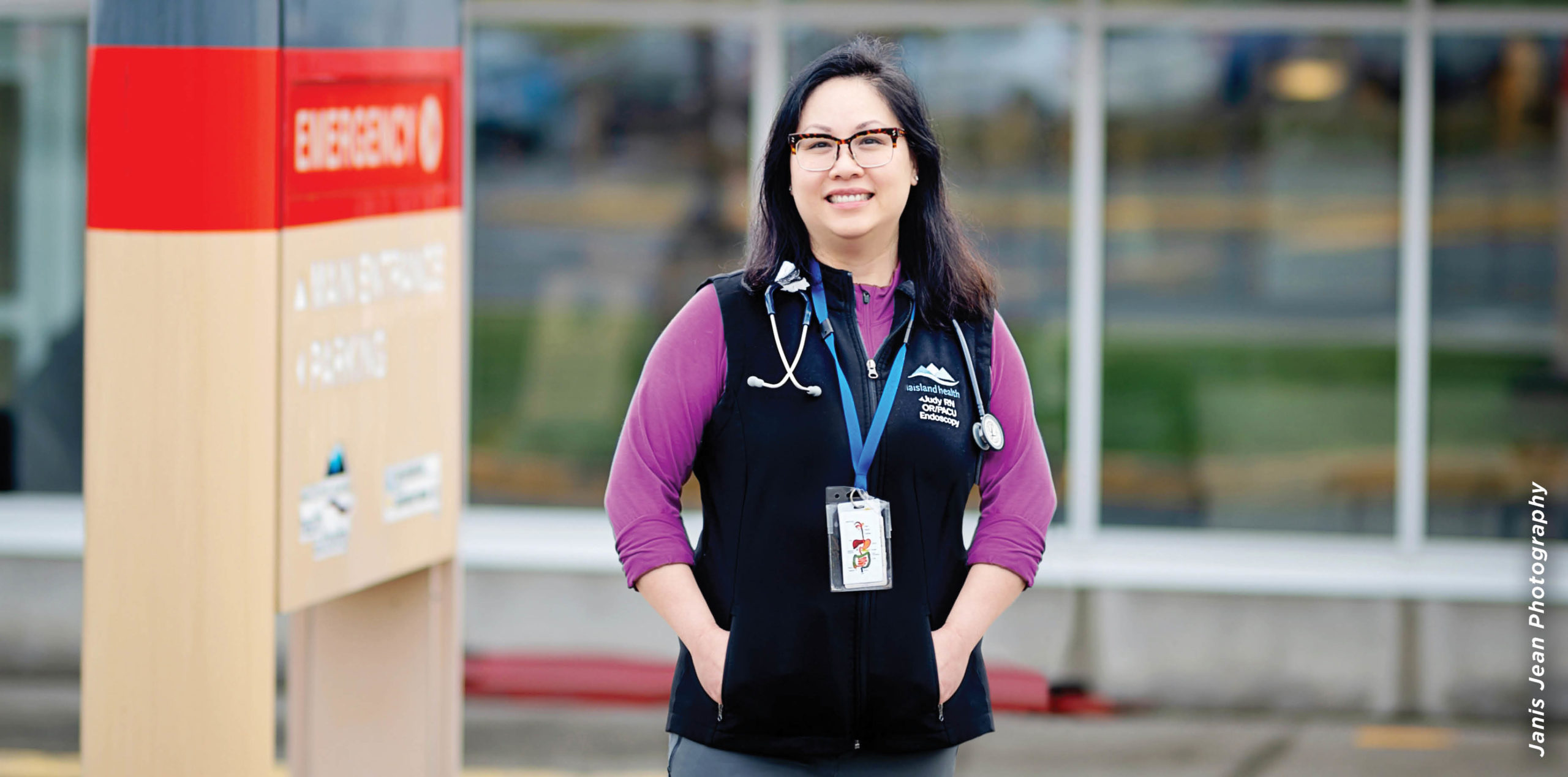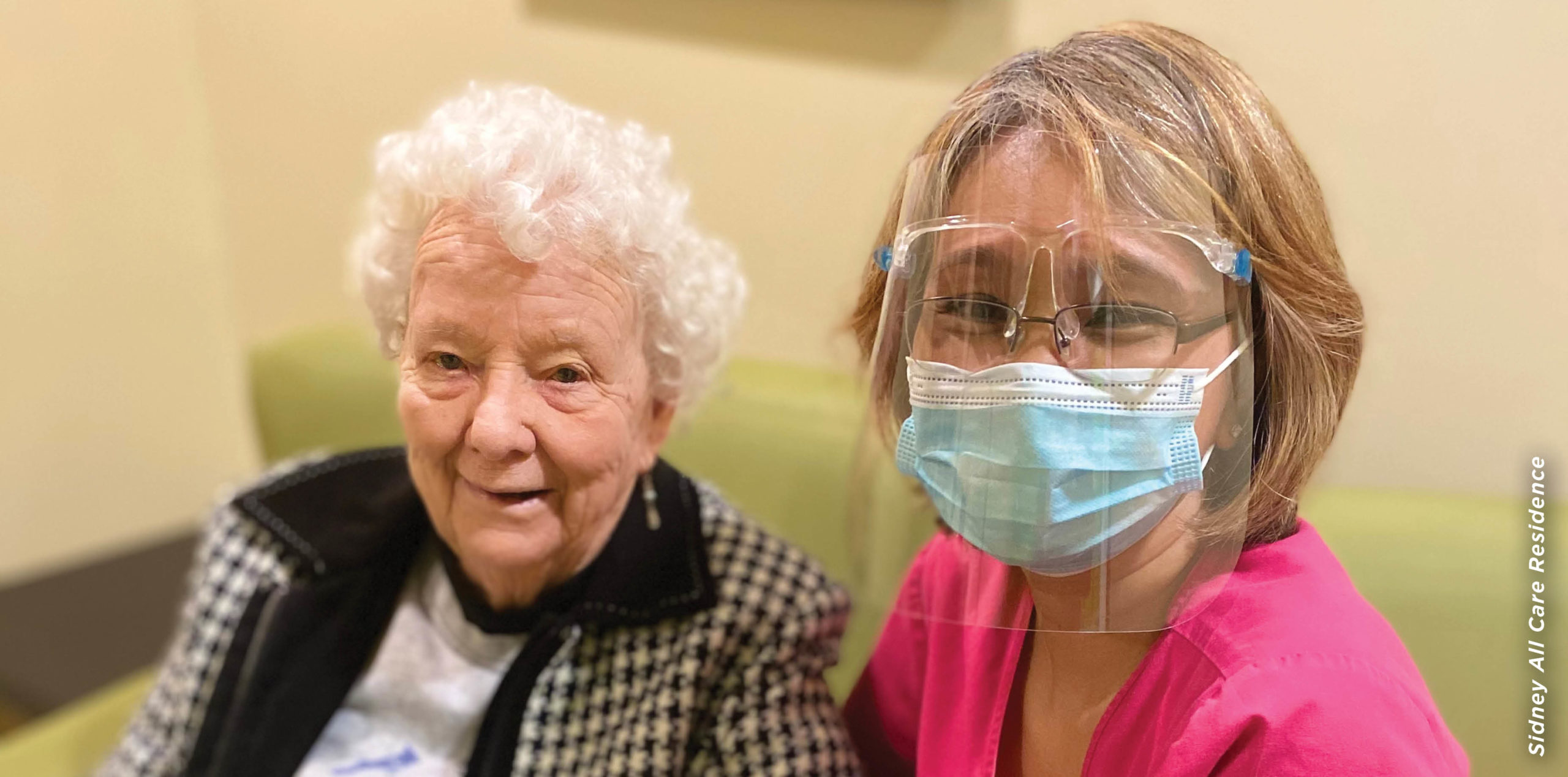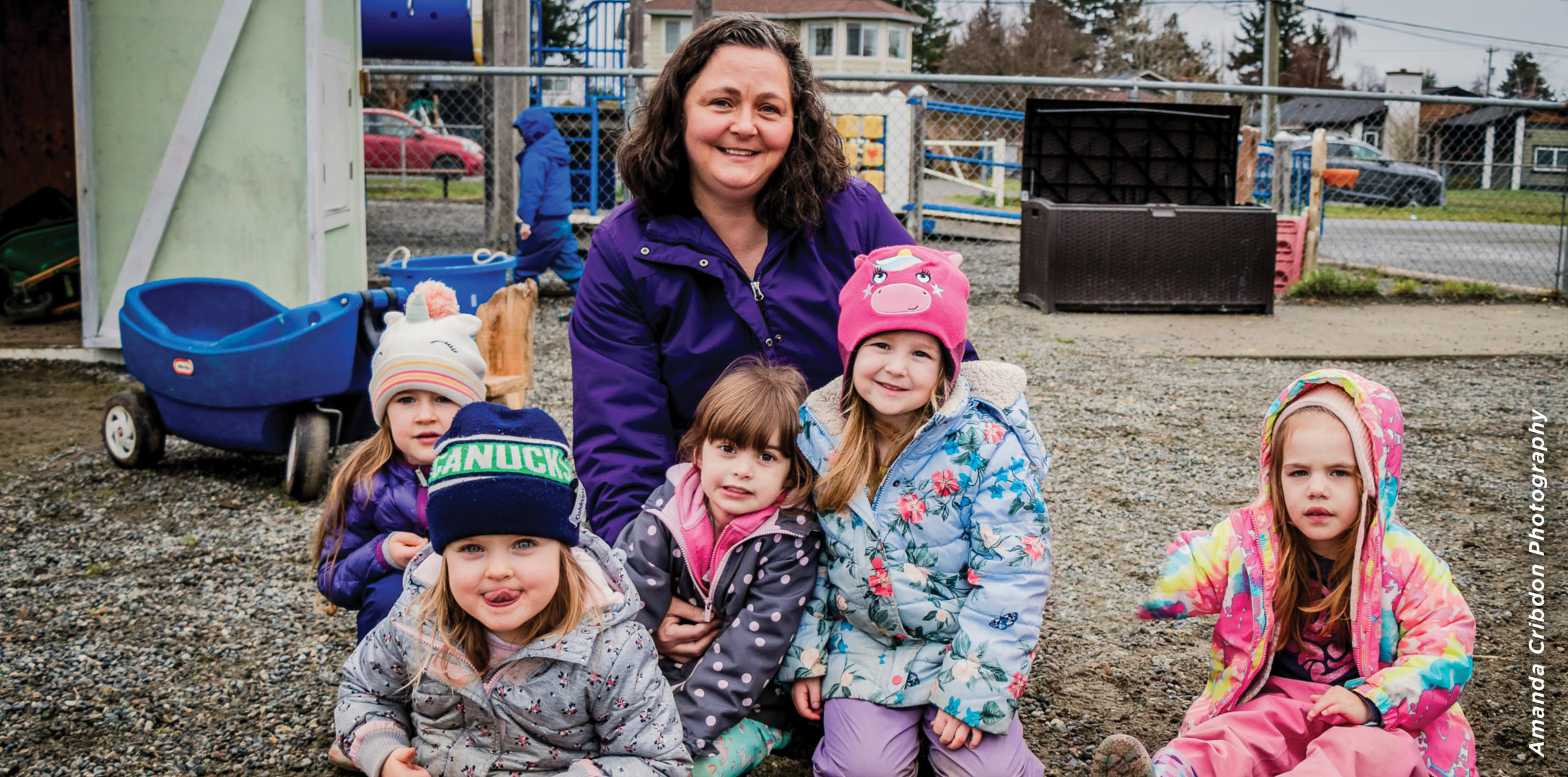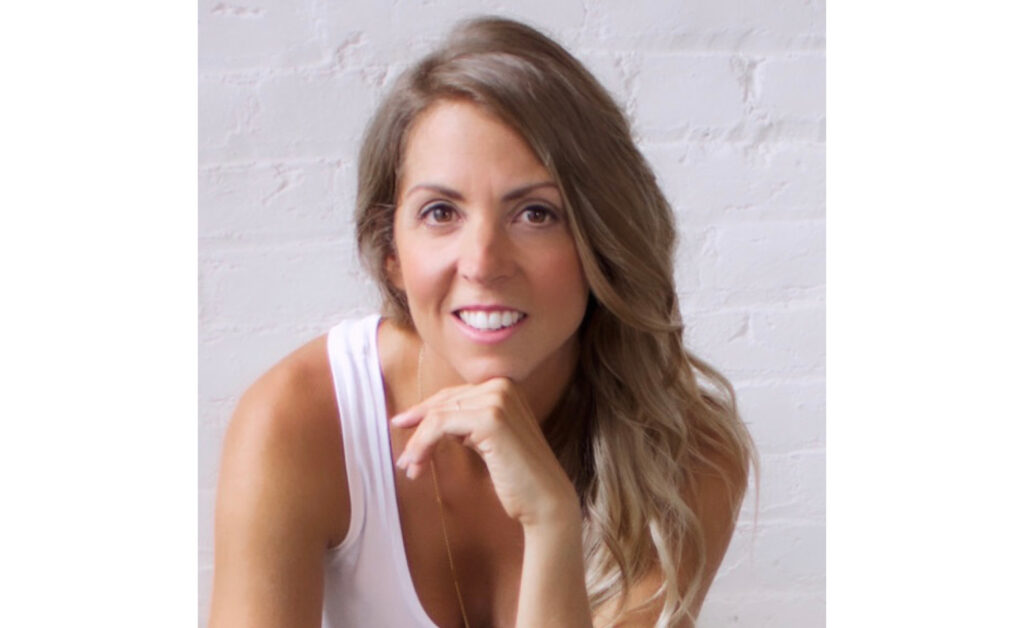by Jesse Hoth –
Caregiving is an essential role that often falls disproportionately on women – whether at home or in the workforce. What can sometimes go unrecognized is the deep connection that these professionals have with those they work with, care for, and in their community at large. Here are five dedicated women who give their utmost care and compassion, along with countless hours, to take care of others – they have truly made it their business to care.
Judy Louie, Registered Nurse, Shoreline Medical
Judy is a Registered Nurse who works at Shoreline Medical in Brentwood Bay, offering preventative care and disease management in the medical clinic. “I have been a Registered Nurse for nearly three decades,” she says. “What inspires me to do this type of work is my desire to help people, especially within our community.” Judy worked at Saanich Peninsula Hospital for over 20 years in various departments such as the Post Anesthetic Care Unit (PACU).
“My job has changed several times during the pandemic,” she explains. When elective surgeries were halted across B.C., in the early days of the pandemic, Judy requested to be deployed to the Peninsula COVID-19 testing site. “I worked full-time assisting with the setup of the site and conducting testing,” she says.
“As the vaccines were introduced in B.C., I knew I wanted to be involved. I quickly signed up to be on the Covid vaccination team,” adds Judy. “I was scheduled on my days off from PACU to immunize at the long-term care homes and assisted living facilities – our most at-risk population – and at mass immunization sites. I remember my first time handling the Covid vaccine vial with tears of joy. I knew there was hope and it had just begun with the vial I was holding!”
Judy says there have been many challenges over the past two years, such as minimal PPE, healthcare workers being stretched beyond capacity, and bed shortages. “We are all tired and exhausted,” she says, “but we are resilient, and we continue to show up because we are needed.”
Anita Medecielo, Caregiver, Bayshore Home Health
Anita works in home healthcare, providing help to seniors who need assistance while still living at home. “Every client is different,” she explains. “Some only need help in the kitchen, or with housekeeping and laundry. Others need help with washing and dressing, or remembering to take their medicine.” After getting them ready for the day, Anita’s role becomes more that of a companion. “If it’s nice outside, we’ll go for a walk, or even go to a coffee shop and chat about their lives.” Sometimes she’ll pick up groceries or run errands, or take her clients to their appointments.
Anita began working in healthcare in Israel – she worked there for almost five years, after her friends encouraged her to become a caregiver. “I really liked it,” she says. “I enjoy caring for the elderly; it can be hard or stressful, but if you love your work, you have no complaints!”
When Covid first started, there were many new safety precautions that had to be implemented. “They are there to keep both of us safe,” she explains. “You have to be very careful – you’re not just thinking of yourself, you’re thinking about the elderly because they’re more vulnerable.” Anita says she’s very grateful that she’s stayed healthy so she can continue to help the people who need it.
“I feel lucky to still be able to do my work throughout the pandemic – I’m always happy to see my clients, and they’re happy to see me,” she says. “Everything for me is a blessing.”
Alma Maramag, Health Care Aide, Sidney All Care Residence
Alma is a long-term care aide who provides assistance to the residents, from helping them up in the morning to getting their breakfast. “I grew up with my Grandma and Grandpa in the Philippines,” she explains. “I wanted to be there to help them on the farm, but I was busy getting my younger siblings settled abroad for college.” Alma first worked in Korea and Hong Kong before moving to Canada. “When my Grandma and Grandpa needed me, I couldn’t be there – so I knew I wanted to do that, I wanted to work with seniors.”
One of the biggest challenges during Covid has been the restrictions, particularly the inability to see loved ones. “Sometimes they miss their family, and that can be hard to deal with,” says Alma. “It’s difficult for them to understand – why their daughter can’t come to visit, for example.” She says the residents have shown a lot of patience and courage in dealing with the restrictions. “I’m so grateful for how this company is run, it’s such a nice place to work – I’ve been here from the beginning, and I’ve never wanted to work anywhere else.”
Alma loves to hear the stories of the residents, like living through the war, or the special meaning behind a family heirloom. “What brings me joy is all their smiles; they always call me ‘dear’,” she says. “It’s like a granddaughter who can be there every day; I can hug them and joke with them, and ask about their lives.”
Anita Dzus-Spady, Early Childhood Educator, Owl’s Nest Preschool
Anita is an Early Childhood Educator who spends her day caring for children between the ages of three and five, helping with everything from handwashing to lunchtime. “It’s very much a hands-on position,” says Anita. “We don’t really sit down at all during the day – it’s a busy little room!” Anita was inspired to pursue her ECE after working at her children’s preschool. “Educators have such a big impact,” she says, “they really become a part of your family.”
The parents, children, and families in the community know Anita as someone who has a wonderful way of bringing a smile and laughter to the challenges throughout the day. “I’m actually a bit of an introvert,” says Anita, “which is interesting, because I love working with children!” When asked about one of her most memorable moments on the job, she recalls taking the children to see the school’s namesake owls for the first time, who live in the forest behind the preschool. “We were all in awe; the kids were all looking up and pointing at the owls; it was unforgettable,” she says.
Anita is extremely passionate about inclusion, outdoor education, learning through play, repurposing materials in the classroom, and Indigenous education – this is what she incorporates into her day-to-day interaction with the children. “There’s actually a book called Owl Babies, so that’s a favourite right now,” she says. “The smallest moments are what really bring joy – the times that remind you ‘this is what we’re here for’.”
Priya Sharma, Mental Health & Addictions Counsellor, Tsartlip Health Services
Priya is the first point of contact for treatment or addiction concerns at Tsartlip First Nation. She is also a prevention worker, helps to educate youth, and looks for funding to assist with programs and services to provide better care for the community. “I’ve got a background in addiction myself, which helped me realize that addiction isn’t really what we think it is; it’s more about what lies underneath,” she explains. “I think we’re starting to see a shift, especially among young people, where there’s less stigma around seeking help and having these kinds of conversations.”
According to Priya, almost everything about counselling had to change when Covid hit – sessions were conducted online or by phone, health precautions had to be taken around meetings and group support, and there needed to be safe spaces for people to come in and access the internet. “The biggest challenge is making sure that people are safe and able to ask for help,” says Priya.
She was able to host a grief and loss circle during the pandemic, where she created gift packages for everyone, including smudge kits and self-care items. “The main goal is to help people sustain their coping and focus on taking care of themselves,” she explains. Priya says that even with all the hurdles and challenges during the pandemic, she and her co-workers have been able to do so much. “I’m quite inspired by how our caregivers were able to create new tools, supports and resources to help the community so quickly,” she adds.








